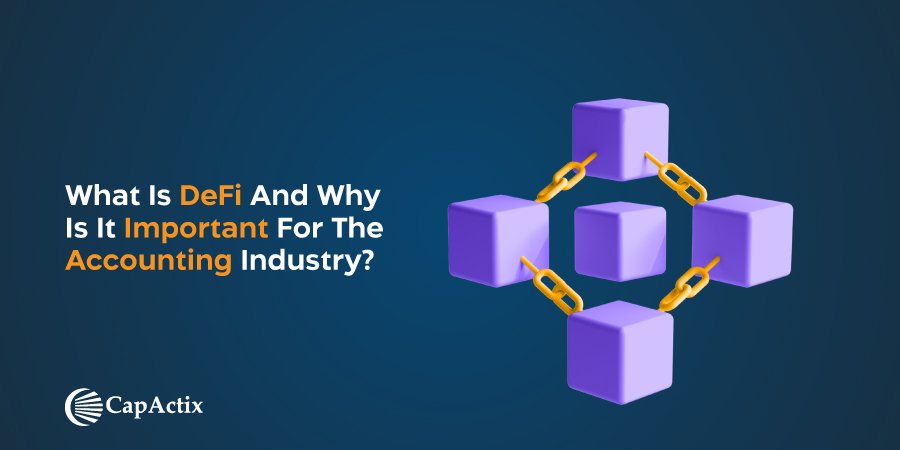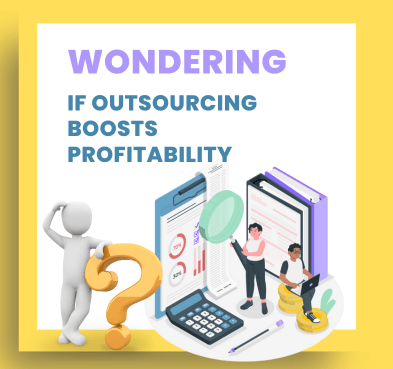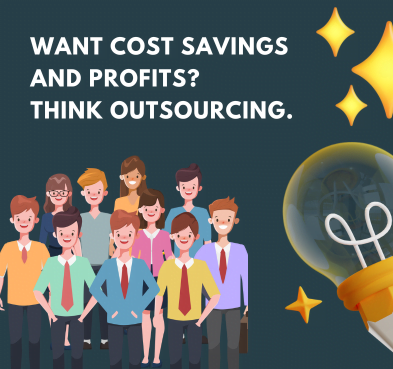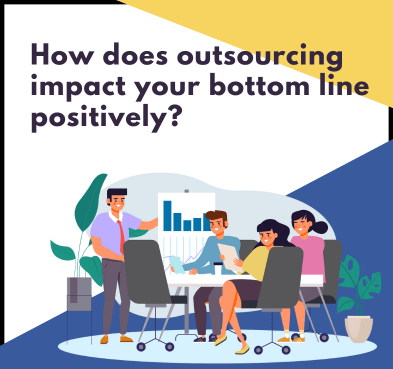Decentralized finance, or DeFi, is a collection of blockchain-based applications aimed at providing peer-to-peer alternatives to traditional financial services and institutions. Decentralized finance has continued to gain traction, drawing significant sums of capital and exceeding forecasts that it would become one of the most popular trends.
DeFi is inspired by blockchain, the technology that underpins the digital currency bitcoin. Blockchain allows several organizations to keep a copy of transaction history, ensuring that it is not controlled by a single, central source.
This is crucial because centralized systems and human gatekeepers can impede and complicate transactions while also denying consumers direct control over their funds. The concept of DeFi is unique because it extends blockchain’s use beyond simple asset transfer to more complicated financial applications.
What exactly is DeFi?
Decentralized finance, in its most basic form, is a system in which financial items are made available on a public decentralized blockchain network for anyone to use instead of going through intermediaries such as banks or brokerages. A government-issued ID, Social Security number, or proof of address are not required to utilize DeFi, as they are with a bank or brokerage account.
DeFi is a system in which buyers, sellers, lenders, and borrowers connect peer to peer or with a solely software-based middleman rather than a firm or organization supporting a transaction through software developed on blockchains.
To achieve the goal of decentralization, a variety of technologies and protocols are employed. A decentralized system, for example, might be made up of open-source technologies, blockchain, and proprietary software. DeFi solutions are designed to eliminate intermediaries between transacting parties, regardless of the technology or platform used.
Despite the fact that the amount of trading tokens and money trapped in smart contracts in its ecosystem has been continuously increasing, DeFi is still a young business with a nascent infrastructure. DeFi is subject to little or no regulation or control. DeFi, on the other hand, is predicted to take over and replace the rails of modern banking in the future.
In the financial services industry, technology is not a new concept. In today’s environment, the bulk of transactions at banks and other financial services organizations are completed using technology. Technology’s role, on the other hand, is limited to that of a transaction facilitator.
Blockchain and cryptocurrency are frequently associated with DeFi. It, on the other hand, has a much greater range of applications. It’s crucial to grasp the current condition of the finance ecosystem in order to comprehend the thought processes that lead to the development of decentralized finance.
Importance of DeFi For Accounting Industry
Since DeFi is based on blockchains, it will have a lot of positive impacts on the accounting industry. The following is a list that illustrates the significance of DeFi in the accounting profession:
1. Decreases the fraudulent activity
Because of the improved security built into the blockchain, it’s extremely difficult to alter data in order to cheat or scam someone.
The user would have to source the block where it first appeared and then change each consecutive block from there, in order to edit the data. This operation is not only time-consuming but also dangerous, because a shared user may notice the changes done to the shared blockchain database.
2. Gives accountants more time
While it may take some time to integrate a blockchain database into a standard operating procedure, the benefits are significant once it is. Using this technique, large swaths of data may be processed and documented much more quickly, and corresponding data points can be linked in a logical order.
Routine activities like audits become much easier when all of the data is organized in a logical and secure manner. This allows the accountant to focus on more sophisticated responsibilities, and it is well worth the effort spent learning about blockchain technology.
3. Trust is established through blockchain
This technology works in a similar way to the double-entry accounting method, which made it easier for accountants and their clients to trust their own entries. Each piece of data has a unique timestamp, and a hash string for each file can be generated, acting as a form of a unique fingerprint. It is feasible to check the integrity of the files by comparing the fingerprints to the original files.
Outside auditors who use this technology don’t have to sift through a stack of spreadsheets that could have been changed at any time or track down a paper trail of misplaced receipts and invoices.
4. Improved Security
Blockchain is more secure than traditional record-keeping systems in a number of ways. A transaction is encrypted and connected to the preceding transaction after it has been accepted.
This, combined with the fact that data is stored over a network of computers rather than on a single server, makes hacking transaction data extremely difficult. Blockchain has the potential to transform how essential information is exchanged by preventing fraud and illegal behavior in any industry where protecting sensitive data is critical.
5. Increases transparency
Transaction histories are becoming more transparent as a result of the use of blockchain technology. Because blockchain is a distributed ledger, rather than having individual copies of documents, all network participants have access to the same information.
An organization can use blockchain to create a completely decentralized network that eliminates the need for a centralized authority, increasing the system’s transparency.
To amend a single transaction record, all future records would have to be changed as well, and the entire network would have to agree. As a result, data recorded on a blockchain is more precise, consistent, and transparent than data maintained on paper. It’s also accessible to anyone who has been given permission.
Here you can read about Top Five Technology Trends For Your CPA Firms To Focus On In 2021
6. Increases speed and efficiency
Trading anything takes time, is prone to human errors, and frequently necessitates third-party mediation when using traditional, paper-heavy systems. Transactions may be conducted more quickly and efficiently by streamlining and automating these procedures using blockchain.
You won’t have to reconcile several ledgers because record-keeping is done using a single digital ledger that is shared across participants. It is easy to trust one another without the usage of many middlemen when everyone has access to the same data. As a result, clearing and settlement will be substantially faster.
7. Enhances traceability
You know how difficult it may be to track an item back to its source if your firm deals with products that are exchanged through a complex supply chain.
When goods trades are registered on a blockchain, you have an audit trail that shows where an asset started and where it ended up. This historical transaction data from the past can help with asset verification and fraud prevention.
If you want some help in any accounting-related services or work, you can get in touch with CapActix Business Solution. CapActix is an accounting outsourcing company that provides unique accounting and finance solutions to a wide range of industries. The firm’s offshore accounting services are highly reliable and accurate.
















